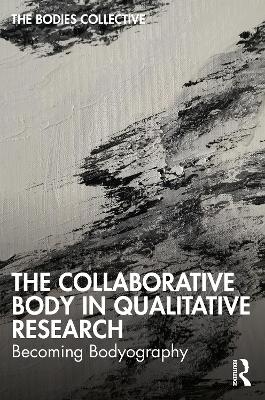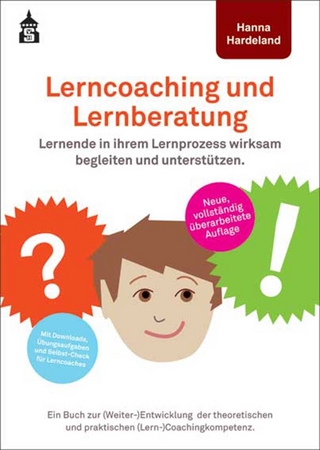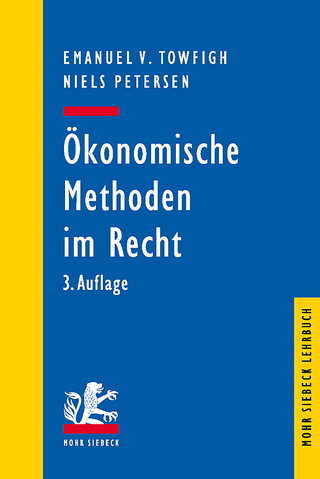
The Collaborative Body in Qualitative Research
Routledge (Verlag)
978-1-032-33565-0 (ISBN)
The Collaborative Body in Qualitative Research challenges normative philosophies that have frequently neglected the body’s place in research and then illustrates how the body is essential for all meaning making.
By ‘voicing the body’, the first part of this rebellious book problematizes how the body is used/assessed, yet often silenced in academic writing. This book then fluidly moves to celebrating the body through discussing taboo topics like sex/sexuality in friendship, underwear (knickers), ageing, and death, as well as how a non-binary body moves in a heteronormative world. Through the lens of Bodyography, this book does research differently – illuminating how the body flourishes, excites knowledge, and is complicated when placed on a ‘screen’. This book celebrates a collaborative and arts-based approach. This book is a dialogue between The Bodies Collective, with dialogic resonance sections between each chapter and art pieces throughout.
This book will encourage all scholars to do research differently. Anyone with a thirst to challenge normative practices in academia and who wants research to be inspiring and playful will fall in love with this book.
N.B. Please cite the authorship of this book as 'The Bodies Collective (2023)'
The Bodies Collective is an international group of researchers from different scientific and artistic fields. They aim to bring the body back into the focus of qualitative inquiry as a creator, explorer, and challenger of knowledge. The Bodies Collective does Bodyography, works collaboratively, and applies arts-based methods. Ryan Bittinger is a Doctor of Psychotherapy, specialising in therapist training and relational psychodynamic psychotherapy. They are a Practice Manager of Centred Self Psychotherapy, CA & Director of Clinical Training at Maria Droste Counseling Center in Denver, CO, USA. Claudia Canella is a Qualitative health researcher at the Institute of Complementary and Integrative Medicine of the University Hospital Zürich, Switzerland; a Homoeopath in her own practice in Zürich, Switzerland; and an Artist. Jess Erb is a Psychodynamic Psychotherapist and CEO/Founder of Centred Self Psychotherapy, Canada. Sarah Helps is a Consultant Clinical Psychologist and Systemic Psychotherapist, the lead for Children's Psychological Services, and the editor of the Journal of Family Therapy. Mark Huhnen is an Independent Scholar, Systemic Psychotherapist, Coach, and Theatre Practitioner, in London, UK. Davina Kirkpatrick is an Artist, Independent Scholar and Visiting Specialist at the Peninsula Medical School, University of Plymouth, UK. Alys Mendus is a Parent, Artist, Independent Scholar, and Research Fellow in Disability Research Collaboration at the Melbourne Graduate School of Education, University of Melbourne, and Casual Academic at Deakin University in Melbourne, Australia.
Introduction: We are the Bodies Collective. Researchers Working towards Change through Bodyography 1. Voicing the Unspeakable Body: The Politics of Appearance and the Silence that Pervades Academic Discourse Resonances to Chapter 1. Conversation with the Bodies Collective Around Power and Privilege 2. Embodied Friendship and Explicit Autoethnography: When is it Ok to Talk about Cis Women’s Bodies and Sex? Resonances to Chapter 2. Abject autoethnography: A Conversation 3. (Un)dressing the body: Underwear Stories and Audio-found-poetry Resonances to Chapter 3. The Academic Life of Knickers discussion 4: Uncovering the Non-Binary Body: Using Bodyography to Discover Gender Identity and Combat Body Dysmorphia Resonances to Chapter 4. The Presence of Absence and Other Refractions of Gender Identity 5. Equivalencies. Creative Rituals, the Ageing Body and Grief Resonances to Chapter 5. The Presence of Absence and the Twelfthtight Nights Through Creative Serious Play 6. Snacks from Cooking After the Bodyography Recipe: The Body as an Epistemological Entity Resonances to Chapter 6. Between Academic Skinship and Authorship – Cultivating Different Tastes and Appetites 7. Talking / Walking to Myself: Questioning the Primacy of the Word Resonances to Chapter 7. Matter as Mattering 8. Doing Online Embodied Research: Researching Together, Apart Resonances to Chapter 8: I Am Always in Relation to You, Whatever Form We Take Together An Ending to the Book and a Beginning of Sorts: Of Bodies, Organs, Time and Space
| Erscheinungsdatum | 07.11.2023 |
|---|---|
| Zusatzinfo | 35 Halftones, black and white; 35 Illustrations, black and white |
| Verlagsort | London |
| Sprache | englisch |
| Maße | 156 x 234 mm |
| Gewicht | 340 g |
| Themenwelt | Sozialwissenschaften ► Pädagogik ► Erwachsenenbildung |
| Sozialwissenschaften ► Soziologie ► Gender Studies | |
| Sozialwissenschaften ► Soziologie ► Spezielle Soziologien | |
| ISBN-10 | 1-032-33565-3 / 1032335653 |
| ISBN-13 | 978-1-032-33565-0 / 9781032335650 |
| Zustand | Neuware |
| Informationen gemäß Produktsicherheitsverordnung (GPSR) | |
| Haben Sie eine Frage zum Produkt? |
aus dem Bereich


